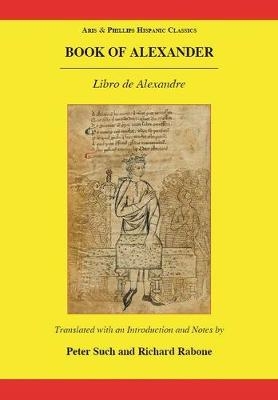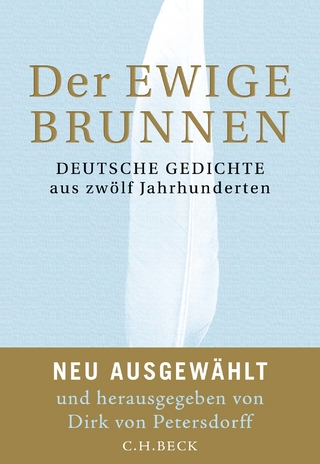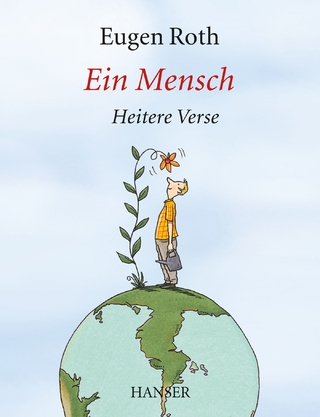
Book of Alexander (Libro de Alexandre)
Aris & Phillips Ltd (Verlag)
978-0-85668-864-5 (ISBN)
- Titel z.Zt. nicht lieferbar
- Versandkostenfrei innerhalb Deutschlands
- Auch auf Rechnung
- Verfügbarkeit in der Filiale vor Ort prüfen
- Artikel merken
The Libro de Alexandre is an epic poem about the life of Alexander the Great, written by an anonymous Spanish cleric in the thirteenth century. It is the most substantial poem (and almost certainly the first) composed in the learned cuaderna via verse form and provides a unique insight into the intellectual world from which it sprang. The poem conveys the grim message of Alexander's life, the sense of hubris and the horror of his fall from greatness and domination of the world to the bleak obscurity of the grave. As well as relaying the story of a great ancient figure, the poet also comments on the society and political situation of early thirteenth-century Spain. The combination of eras makes this poem strikingly representative of its time.
Peter Such and Richard Rabone's edition in the Hispanic Classics series will greatly illuminate this substantial and important text, with a wide-ranging introduction, Spanish text with facing-page English translation and notes.
Peter Such was Head of Modern Languages and Director of the International Baccalaureate Diploma Programme at Sherborne School. He is the author (with John Hodgkinson) of The Poem of My Cid and (with Richard Rabone) of Book of Alexander. He retired from teaching in 2011 and he now lives in the province of Córdoba, working as an educational consultant and translator. He continues to carry out research on the literature of thirteenth-century Castile and its political and intellectual background. Richard Rabone is a member of Merton College, Oxford, where his principal research interests are in the literature of Golden-Age Spain, with a particular focus on the reception of works from earlier periods.
Acknowledgements
Map of Alexander’s campaigns
The life of Alexander the Great – a chronology
Map of the Iberian Peninsula in the early thirteenth century
Events of the early thirteenth century
Illustrations
Alexander tells his troops the story of the siege of Troy
Alexander comes close to death after swimming in the River Cydnus
A eleventh-century map of the world
The labours of the months
Notes on the illustrations
Introduction
1. The distinctiveness of the Libro de Alexandre
2. A novel enterprise: the poet’s ‘manifesto’
3. The manuscripts and the questions of date and authorship
4. Spain in the early thirteenth century: the background to the composition of the Libro de Alexandre
5. Alexander the Great in history and in literary tradition: our poet’s sources
6. Style and structure: the poet finds his voice
7. Warriors, kings and scholars – triumph but humility: the themes of the Libro de Alexandre
8. The Libro de Alexandre: a synopsis
9. The Spanish text
10. The translation
Select Bibliography
The Libro de Alexandre: text, translation and notes
| Erscheint lt. Verlag | 19.10.2009 |
|---|---|
| Reihe/Serie | Aris & Phillips Hispanic Classics |
| Sprache | englisch |
| Maße | 149 x 210 mm |
| Themenwelt | Literatur ► Lyrik / Dramatik ► Lyrik / Gedichte |
| Geisteswissenschaften ► Sprach- / Literaturwissenschaft ► Anglistik / Amerikanistik | |
| Geisteswissenschaften ► Sprach- / Literaturwissenschaft ► Literaturwissenschaft | |
| ISBN-10 | 0-85668-864-9 / 0856688649 |
| ISBN-13 | 978-0-85668-864-5 / 9780856688645 |
| Zustand | Neuware |
| Haben Sie eine Frage zum Produkt? |
aus dem Bereich


